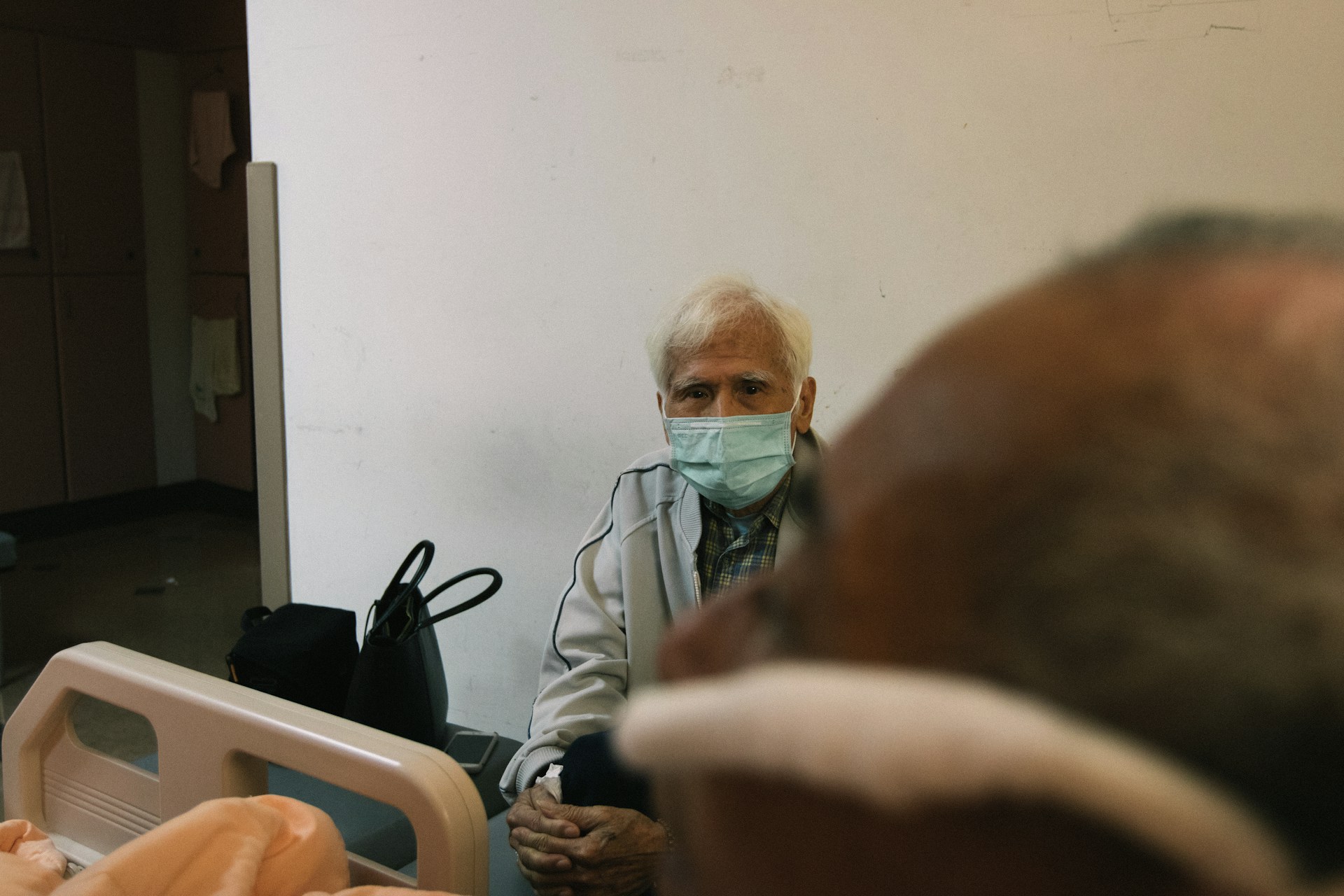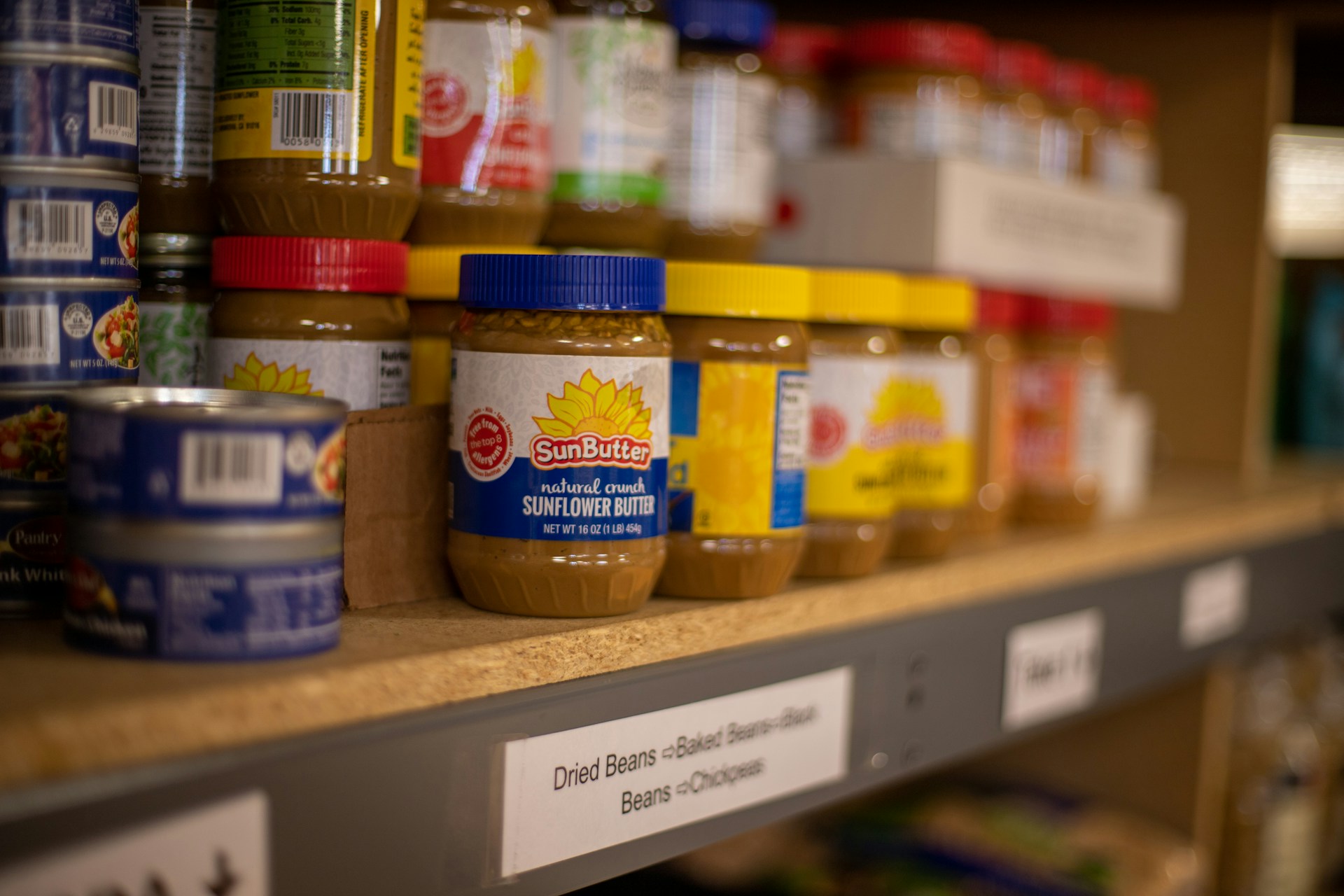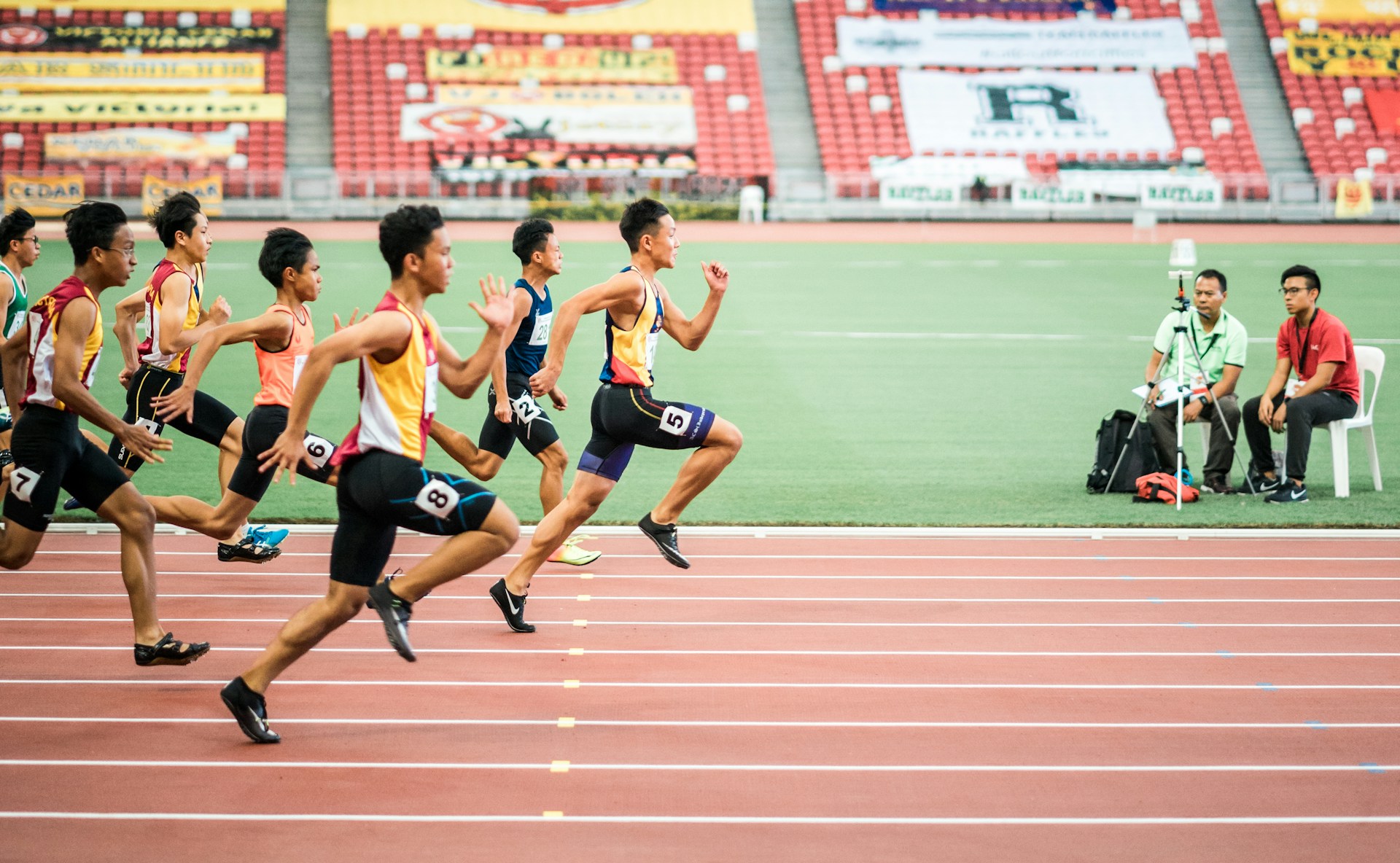Contribution of the Sustainable Food Yard Program (P2L) to Accelerating the Stunting Reduction in Sleman Regency during Covid-19 Pandemic
Kontribusi Program Pekarangan Pangan Lestari (P2L) terhadap Upaya Percepatan Penurunan Stunting di Kabupaten Sleman selama Masa Pandemi Covid-19

Background: There are disparities in the level of household food security achievements between regions and getting worse with Covid-19 pandemic which has also inhibited nutritional improvement acceleration. The P2L is one of the priority programs in maintaining community food security. However, the implementation of this program is still vulnerable to sustainability.
Objectives: This study aims to examine the contribution of P2L during Covid-19 pandemic in maintaining community food and nutrition security and its role to accelerate stunting reduction in Sleman Regency.
Methods: This research was a descriptive qualitative with case study approach. Sample selection used a purposive maximum variation sampling method for parties actively involved in the P2L. Data collection methods were carried out using in-depth interviews, closed question types questionnaires, documentation, and participatory observation by directly involved in group activities.
Results: The P2L acted as a living food barn that can provide food during Covid-19 pandemic. Vegetables were the main commodity that were able to fulfill household needs at 60% and 40% at the medium level. Meanwhile, other food commodities had not been developed optimally in the yard. However, the P2L not only had a positive impact on improving nutrition and the household economy of KWT members, but also for vulnerable communities in the surrounding area. To accelerate stunting reduction, the results from P2L were also used to support Integrated Healthcare Center activities such as providing PMT.
Conclusions: The P2L program has a positive impact for the community, but it is necessary to innovate crop-livestock-fruit integration in each area and strengthen institutions in order to make the program sustainable.
Arif, S., Isdijoso, W., Fatah, R. A. & Tamyis, A. R. Tinjauan Strategis Ketahanan Pangan dan Gizi di Indonesia: Informasi Terkini 2019–2020. (2020).
Prasadajudio, M. et al. Disease-Realted Malnutrition in Pediatric Patients with Chronic Disease: A Developing Country Perspective. Current Developments in Nutrition 7, (2022).
BKPK Kemenkes RI. Buku Saku Hasil Survei Status Gizi Indonesia (SSGI) 2022. (2022).
Peraturan Presiden Republik Indonesia No. 42 Tahun 2013 tentang Gerakan Nasional Percepatan Perbaikan Gizi (Gernas PPG).
Rozaki, Z. Food security challenges and opportunities in indonesia post COVID-19. in Advances in Food Security and Sustainability vol. 6 119–168 (Elsevier Ltd, 2021).
Bappenas. Rencana Aksi Nasional Pangan dan Gizi 2021 - 2024. (2021).
BPS DIY. Indikator Pembangunan Berkelanjutan Daerah Istimewa Yogyakarta 2020. (2020).
Tarigan, H., Sinaga, J. & Rachmawati, R. Dampak Pandemi Covid-19 terhadap Kemiskinan di Indonesia. Pusat Sosial Ekonomi dan Kebijakan Pertanian 3, 457–479 (2020).
BPS DIY. Pertumbuhan Ekonomi DIY. (2020).
Subki, W. & Mardiansjah, F. Pertumbuhan dan Perkembangan Kawasan Perkotaan di Kabupaten: Studi Kasus Kabupaten Sleman, Daerah Istimewa Yogyakarta. Jurnal Wilayah dan Lingkungan 7, 105–120 (2019).
Astuti, F. & Lukito, H. Perubahan Penggunaan Lahan di Kawasan Keamanan dan Ketahanan Pangan di Kabupaten Sleman. Jurnal Geografi 17, 1–6 (2020).
Purnawan, D. & Sudrajat. Perubahan Penggunaan Lahan Pertanian Menjadi Lahan Non Pertanian di Kecamatan Depok Tahun 2004 - 2011. Jurnal Bumi Indonesia 3, 1–9 (2014).
Butomo, K. I., Waluyati, L. R. & Astuti, A. Laju Pertumbuhan Lahan Sawah di Kabupaten Sleman . Jurnal Ilmiah Agritas 4, 30–38 (2020).
Susanto, A. & RIjanta, R. Ketahanan Pangan Rumah Tangga Pertanian Kabupaten Sleman . Jurnal Bumi Indonesia 4, 218–230 (2015).
Prafitasari, D., Astuti, A. & Ratri, W. S. Pengaruh Alih Fungsi Lahan Pertanian Terhadap Kesejahteraan Petani di Kabupaten Sleman. Jurnal Ilmiah Agritas 4, 66–77 (2020).
BKP. Petunjuk Teknis: Bantuan Pemerintah Kegiatan Pekarangan Pangan Lestari (P2L). (2020).
Sugiyono. Metode Penelitian Kuantitatif, Kualitatif, R&D. (Alfabeta, 2019).
Guntur, M. Konsep Dasar Analisis Data Kualitatif. (Sekolah Tinggi Theologia Jaffray, 2019).
Braun, V. & Clarke, V. Using Thematic Analysis in Psychology. Qual Res Psychol 3, 77–101 (2006).
BPS. Profil Kemiskinan di Indonesia September 2020. (2020).
BPS Kabupaten Sleman. Statistik Kesejahteraan Rakyat Kabupaten Sleman Tahun 2020. (2020).
Anas, A., Martianto, D. & Dina, R. A. Estimasi Dampak Income Shock Terhadap Konsumsi Pangan Rumah Tangga di Kabupaten dan Kota Bogor . J. Gizi Dietetik 1, 74–80 (2022).
Hasanah, E. A., Heryanto, M. A., Hapsari, H. & Noor, T. I. Dampak Pandemi Covid-19 terhadap Pengeluaran Pangan Rumah Tangga miskin Perkotaan: Studi Kasus Kelurahan Ciroyom, Kecamatan Andir, Kota Bandung. Jurnal Pemikiran Masyarakat Ilmiah Berwawasan Agribisnis 7, 1560–1571 (2021).
Sudana, R. H. N. A. & Rahmi, D. Dampak Pandemi Covid-19 terhadap Perubahan Pola Konsumsi Masyarakat Kota Bandung Tahun 2019 . Jurnal Riset Ilmu Ekonomi dan Bisnis 3, (2023).
UNICEF, U. P. dan S. Analisis Dampak Sosial dan Ekonomi COVID-19 pada Rumah Tangga dan Rekomendasi Kebijakan Strategis untuk Indonesia. (2021).
Noerkaisar, N. Efektifitas Penyaluran bantuan Sosial Pemerintah untuk Mengatasi Dampak COVID-19 di Indonesia. Jurnal Manajemen Perbendaharaan 2.1 2, 83–104 (2021).
Khoiriyah, F., Oktavia, L., Zakiyah, N. & Huda, M. A. I. Efektivitas Pelaksanaan Bantuan Sosial dari Pemerintah terhadap Masyarakat Terdampak Covid-19 di Desa Gendongarum Kecamatan Kanor Kabupaten Bojonegoro . Spirit Publik 15, 97–110 (2020).
Putri, S. M. & Rokhaidah. Indikator Sosial Ekonomi dan Ketahanan Pangan Keluarga dengan Kejadian Stunting pada Balita. Jurnal Keperawatan Widya Gantari Indonesia 7, 68–78 (2023).
Badan Pangan Nasional. Indeks Ketahanan Pangan Tahun 2022. (2022).
BKP. Petunjuk Teknis Bantuan Pemerintah Kegiatan Pekarangan Pangan Lestari (P2L) Tahun 2021. (2021).
Perpres No.72 Tahun 2021 tentang Percepatan Penurunan Stunting.
Purwantini, T., Saptana & Suharyono, S. Program Kawasan Rumah Pangan Lestari (KRPL) di Kabupaten Pacitan: Analisis Dampak dan Antisipasi ke Depan. Analisis Kebijakan Pertanian 10, (2012).
Rahayu, Y., Sandriani, Ameliasari, N. & Hayati, E. T. The Relationship Between Mothers's Knowledge About Nutrition Provision with An Improvement of Stunting Children's Weight . Asy-Syifa Journal of Science and Technology Nursing 1, 7–16 (2023).
Saleh, A., Syahrul, Hadju, V., Indriani, I. & Restika, I. Role of Maternal in Preventing Stunting: A Systematic Review. Gac Sanit 35, 5576–5582 (2021).
Purnama, J., Hasanuddin, I. & Sulaeman, S. Hubungan Pengetahuan Ibu dengan Kejadian Stunting pada Balita Umur 12-59 Bulan . Jurnal Kesehatan Panrita Husada 6, 75–85 (2021).
Saragih, B. Analisis Kebijakan Penanganan Masalah Gizi di Kalimantan Timur Berdasarkan Pengalaman Berbagai Negara . Jurnal Borneo Administrator 6, 1–20 (2010).
Suhartini, S., Savitri, S., Ariani, M. & Syawal, R. Optimalisasi Pemanfaatan Lahan Pekarangan sebagai Penyediaan Pangan Rumah Tangga pada Masa Pandemi Covid-19. in In: Dampak Pandemi Covid-19: Perspektif Adaptasi dan Resiliensi Sosial Ekonomi Pertanian 863–884 (IAARD PRESS, 2020).
Suwarto, Aryanto, A. & Effendi, I. Perancangan Model Pertanian Terpadu Tanaman - Ternak dan Tanaman - Ikan di Perkampungan Teknologi Telo, Riau. J. Agron. Indonesia 43, 167–177 (2015).
Vebronia, A., Febriantin, K. & Kurniansyah, D. Peran Dinas Pangan Program Pekarangan Pangan Lestari (P2L). Kinerja 18, 521–526 (2021).
Sukmawani, R., Astutiningsih, E. T. & Ramadanti, L. Dampak Program Pekarangan Pangan Lestari (P2L) Terhadap Tingkat Kecukupan Gizi (TKG) . Paspalum: Jurnal Ilmiah Pertanian 10, 225–230 (2022).
Copyright (c) 2024 Amerta Nutrition

This work is licensed under a Creative Commons Attribution-ShareAlike 4.0 International License.
AMERTA NUTR by Unair is licensed under a Creative Commons Attribution-ShareAlike 4.0 International License.
1. The journal allows the author to hold the copyright of the article without restrictions.
2. The journal allows the author(s) to retain publishing rights without restrictions
3. The legal formal aspect of journal publication accessibility refers to Creative Commons Attribution Share-Alike (CC BY-SA).
4. The Creative Commons Attribution Share-Alike (CC BY-SA) license allows re-distribution and re-use of a licensed work on the conditions that the creator is appropriately credited and that any derivative work is made available under "the same, similar or a compatible license”. Other than the conditions mentioned above, the editorial board is not responsible for copyright violation.












































